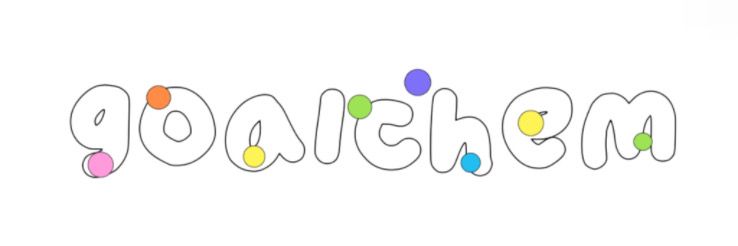10 Questions You Should Know About Digital Tabletop Vision Screeners with Data Storage
As technology continues to evolve, so does the landscape of tabletop gaming. One significant advancement is the introduction of digital tabletop vision screeners with data storage capabilities. These cutting-edge tools are transforming how players engage with their games, offering enhanced visualization and streamlined data management. However, for those new to this technology, several questions may arise. Below, we delve into the ten essential questions you should know about digital tabletop vision screeners, breaking down their features, benefits, and best practices.
1. What is a Digital Tabletop Vision Screener?
A digital tabletop vision screener is a device or software that allows players to overlay visual elements, maps, and graphics onto a shared tabletop space, often using projection or screens. With built-in data storage, these tools can save game information, character stats, and maps, providing a dynamic environment for immersive gameplay.
2. How Does Data Storage Work?
Data storage in digital tabletop vision screeners allows players to save and retrieve game-related information such as character sheets, rulebooks, and campaign notes. This data can be stored locally on a device or on cloud services, making it accessible across multiple gaming sessions. This feature ensures that all players have access to the most current information without needing to shuffle through physical papers.
3. What Are the Key Benefits?
One of the standout benefits of using these digital screeners is the enhancement of visual storytelling. They allow for the projection of high-quality images and animations that can elevate the gaming experience. Additionally, the data management feature minimizes paperwork, reduces clutter, and easily accommodates changes to game elements, leading to a more focused and engaging session.
4. Are They Compatible with All Games?
Most digital tabletop vision screeners are designed to be versatile and can accommodate a wide range of tabletop games, including role-playing games (RPGs), board games, and miniatures games. However, compatibility will depend on the specific software and platform used. It’s advisable to check user guides or community forums for insights on supported games.
5. What Equipment Is Needed?
To utilize a digital tabletop vision screener effectively, you will need some essential equipment. This typically includes a computer or tablet, a projector or large screen display, and the screener software itself. Some setups may also include interactive tablets or smart devices for players, enhancing interactivity and engagement.
6. How User-Friendly Are These Tools?
While the technology behind digital tabletop vision screeners can appear complex, many platforms are designed with user-friendliness in mind. User interfaces are often intuitive, featuring drag-and-drop functionalities, customizable templates, and easy access to saved data. Beginners may require a short learning curve, but numerous tutorials and community resources are available to assist newcomers.
Related links:Revolutionize Eye Care: Digital Tabletop Vision Screener with Data Storage
7. Can You Customize Your Experience?
Absolutely! One of the significant advantages of digital tabletop vision screeners is customization. Players can create tailored maps, integrate music, and implement various themes to enrich their gaming experience. Many applications offer a variety of plugins and extensions, allowing users to personalize their setups to match the game's atmosphere.
8. What Are the Limitations?
While these screeners come with a myriad of benefits, there are a few limitations to consider. Technical difficulties, such as hardware compatibility or software bugs, may occasionally arise. Additionally, ensuring all players have a stable internet connection and access to the required devices can be challenging during group sessions. Furthermore, some purists may prefer the tactile nature of physical components, which can’t be entirely replicated digitally.
9. How Do These Tools Enhance Multiplayer Experiences?
Digital tabletop vision screeners can significantly enhance multiplayer experiences by promoting more interactive gameplay. Players can collaborate in real-time, share ideas seamlessly, and visualize their strategies on a shared platform. The opportunity for dynamic visuals helps create memorable game moments, fostering a sense of unity among participants.
10. Are Digital Screeners Worth the Investment?
Investing in a digital tabletop vision screener may seem daunting, particularly with various options available. However, for avid gamers and groups that prioritize engagement and organization, the benefits can far outweigh the costs. With enhanced visuals, streamlined data management, and customization options, these tools can transform mundane gaming evenings into unforgettable adventures. Consider your gaming preferences, frequency, and group dynamics to determine if this investment aligns with your gaming goals.
In conclusion, digital tabletop vision screeners with data storage are more than just technology; they represent a significant advancement in how we engage with tabletop games. By answering these ten crucial questions, you are better equipped to make informed decisions about incorporating this innovative tool into your gaming repertoire. As the tabletop world continues to meld with technology, who knows what possibilities the future holds?
If you are looking for more details, kindly visit Digital tabletop vision screener with data storage, Ultra widefield fundus retinal camera with peripheral view, Ultra widefield fundus retinal camera for macular degeneration diagnosis.

